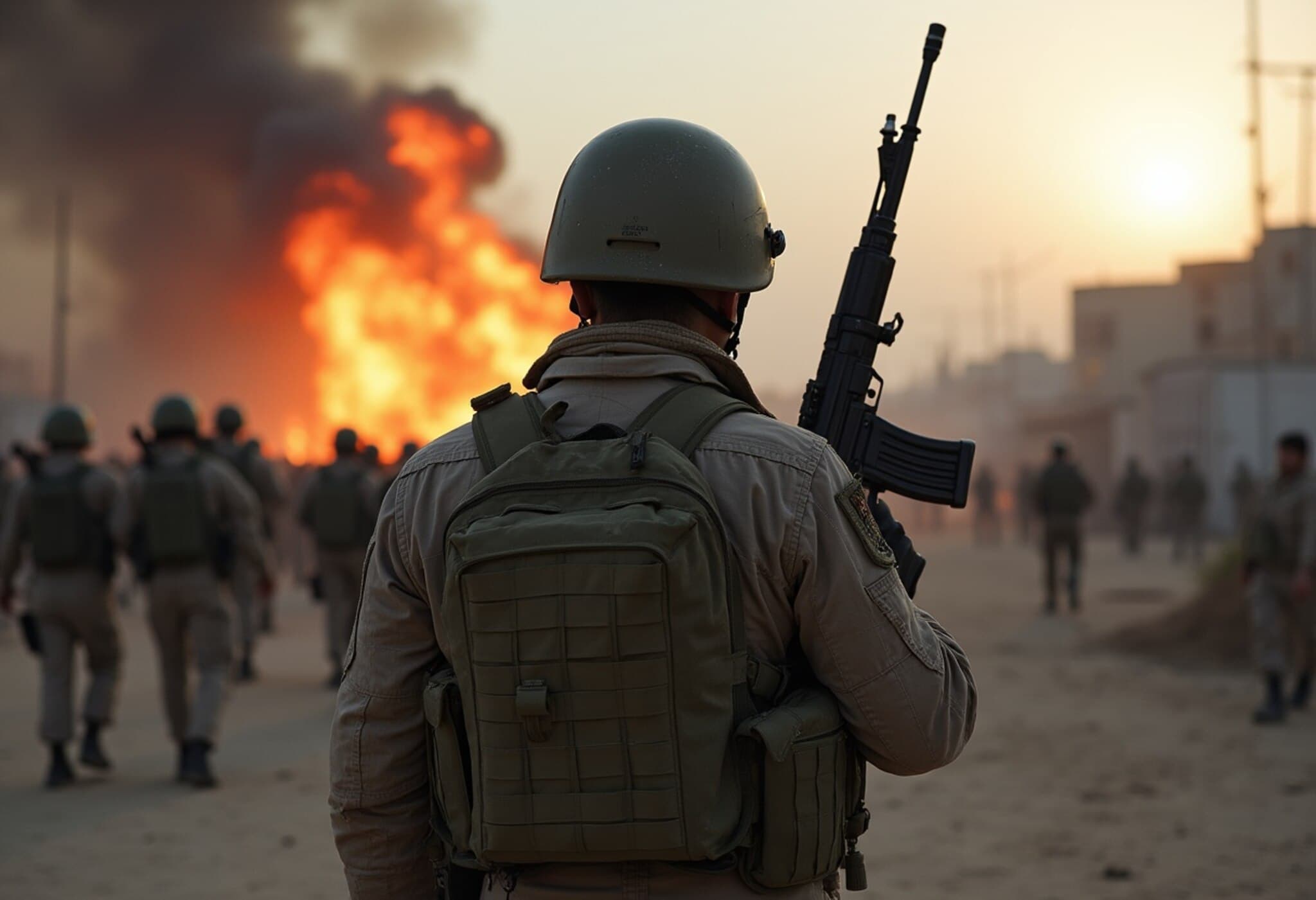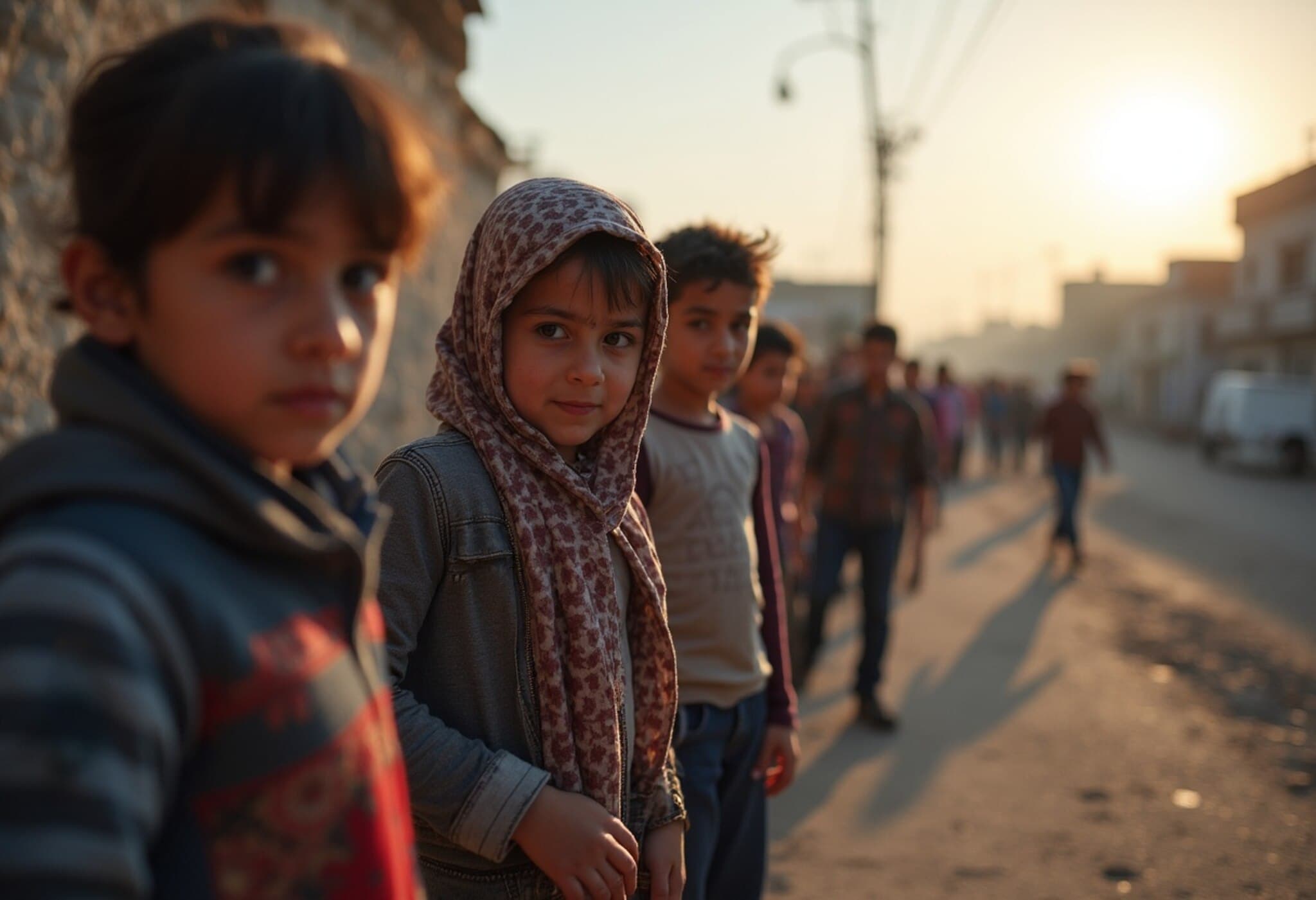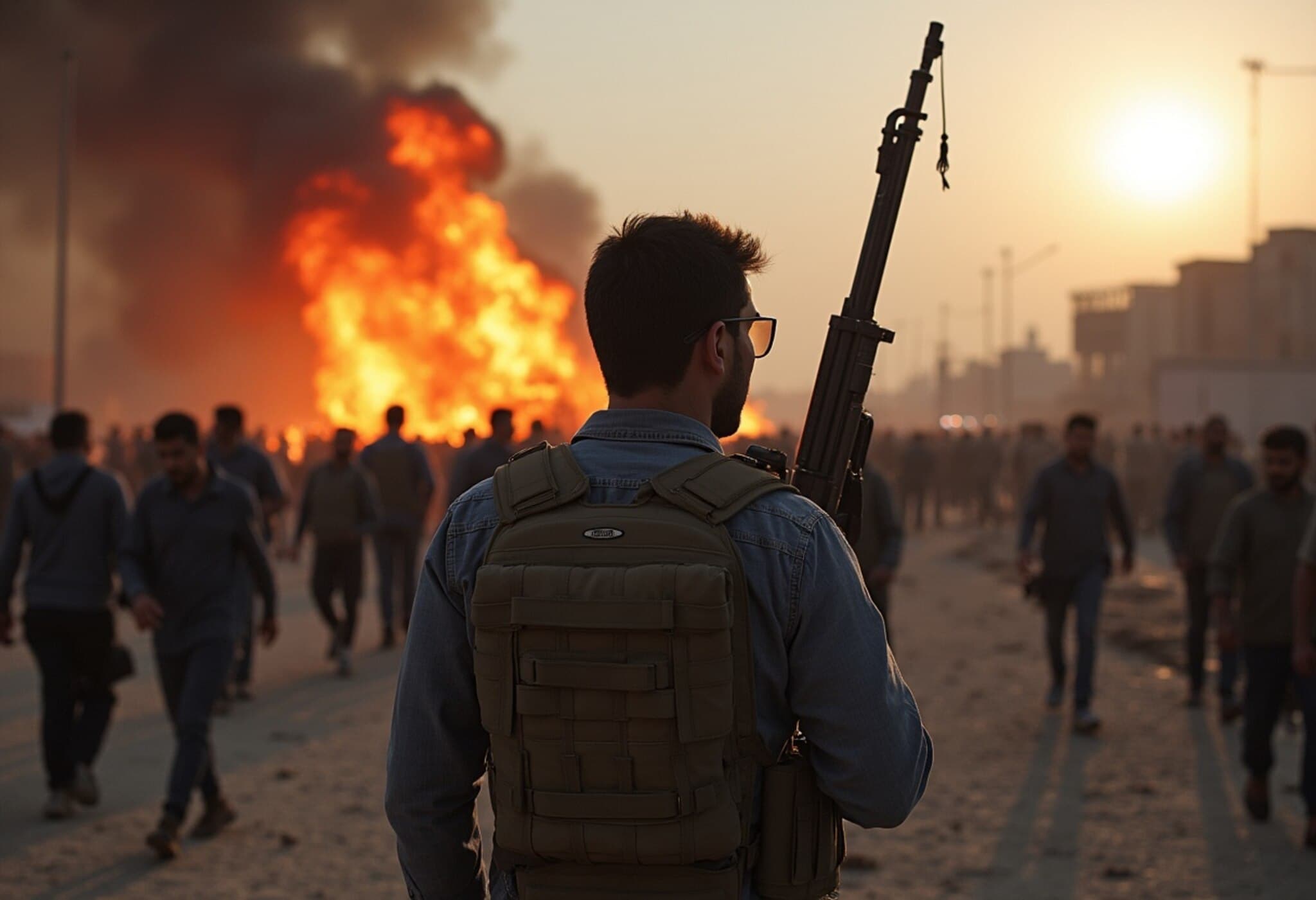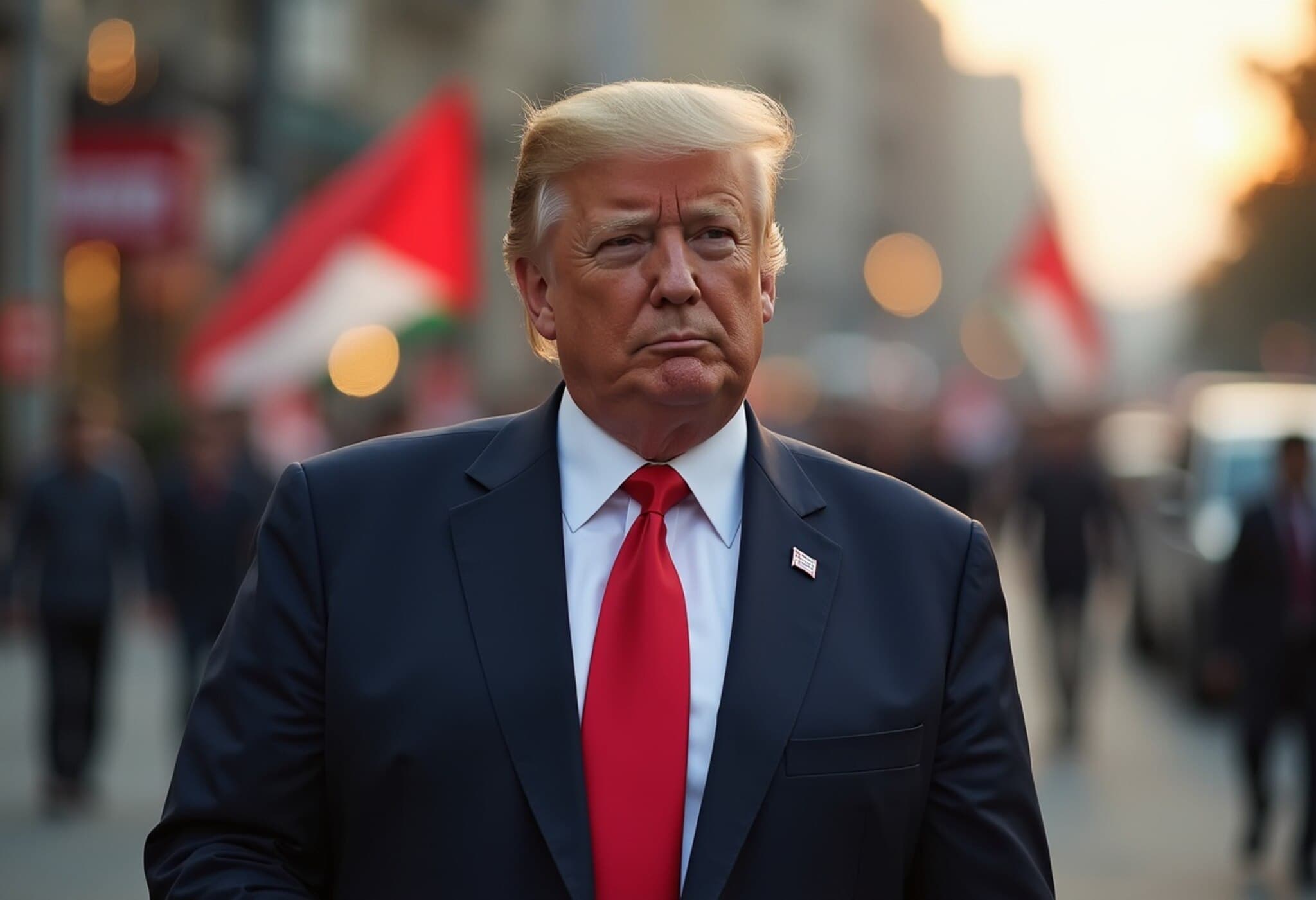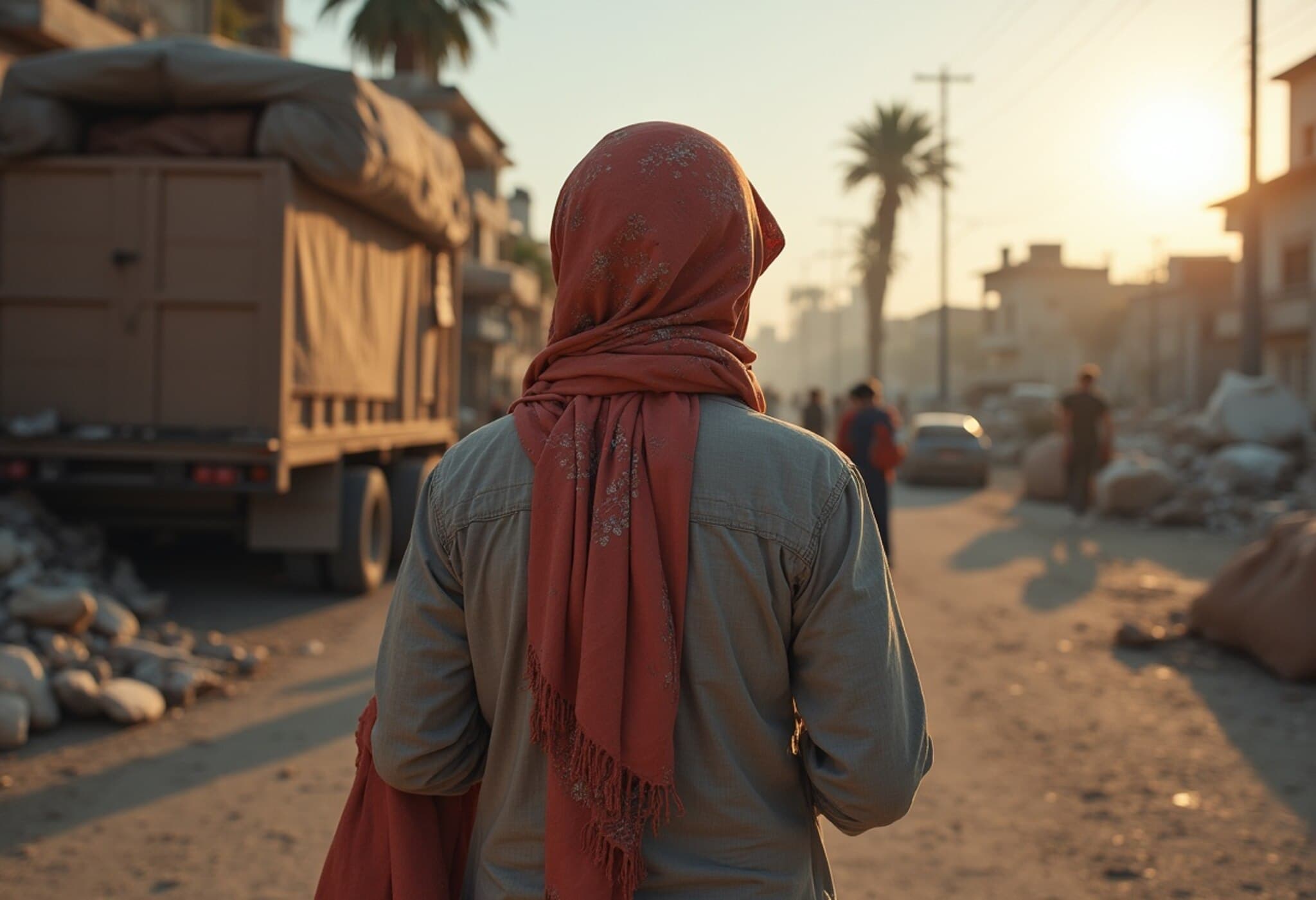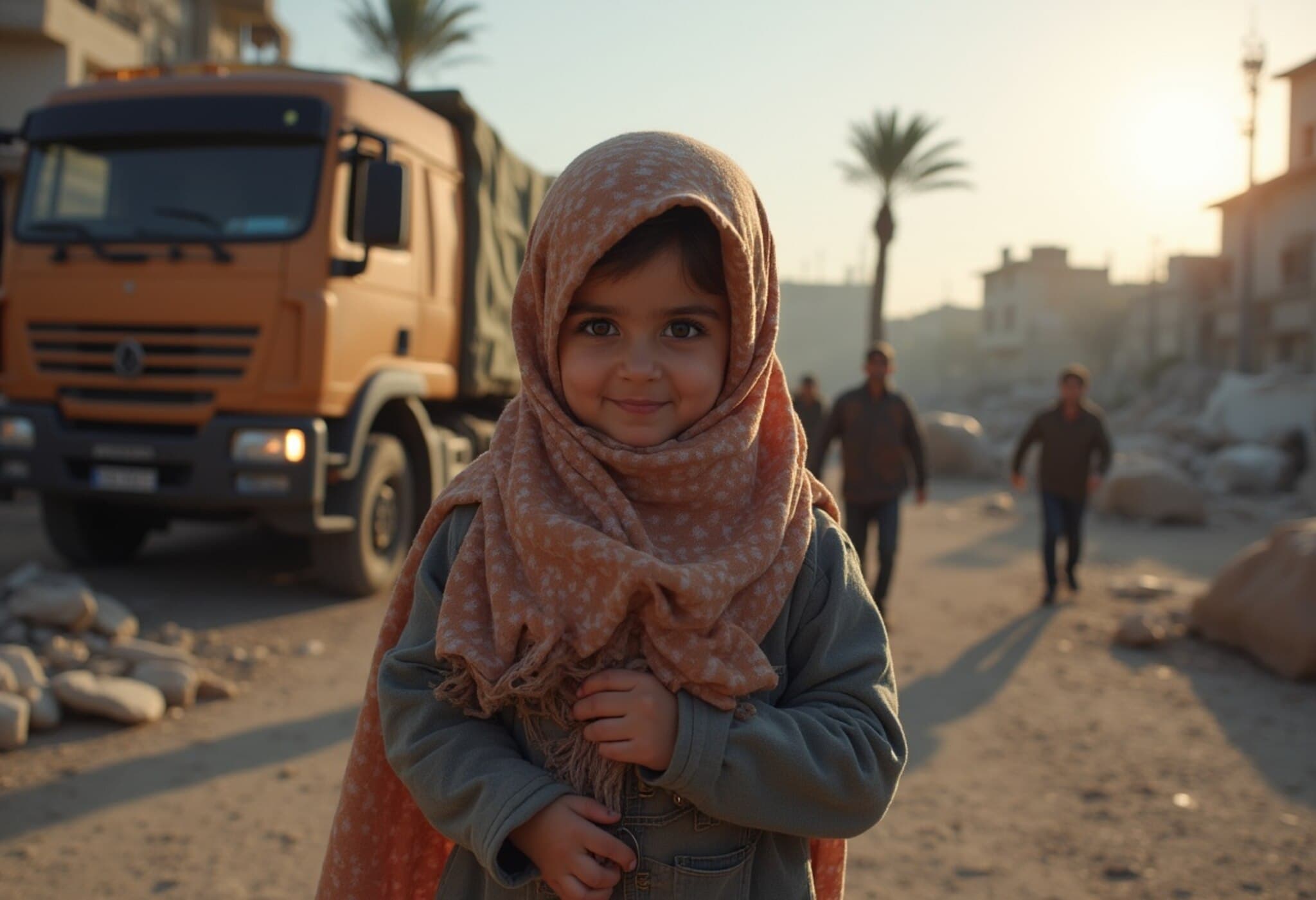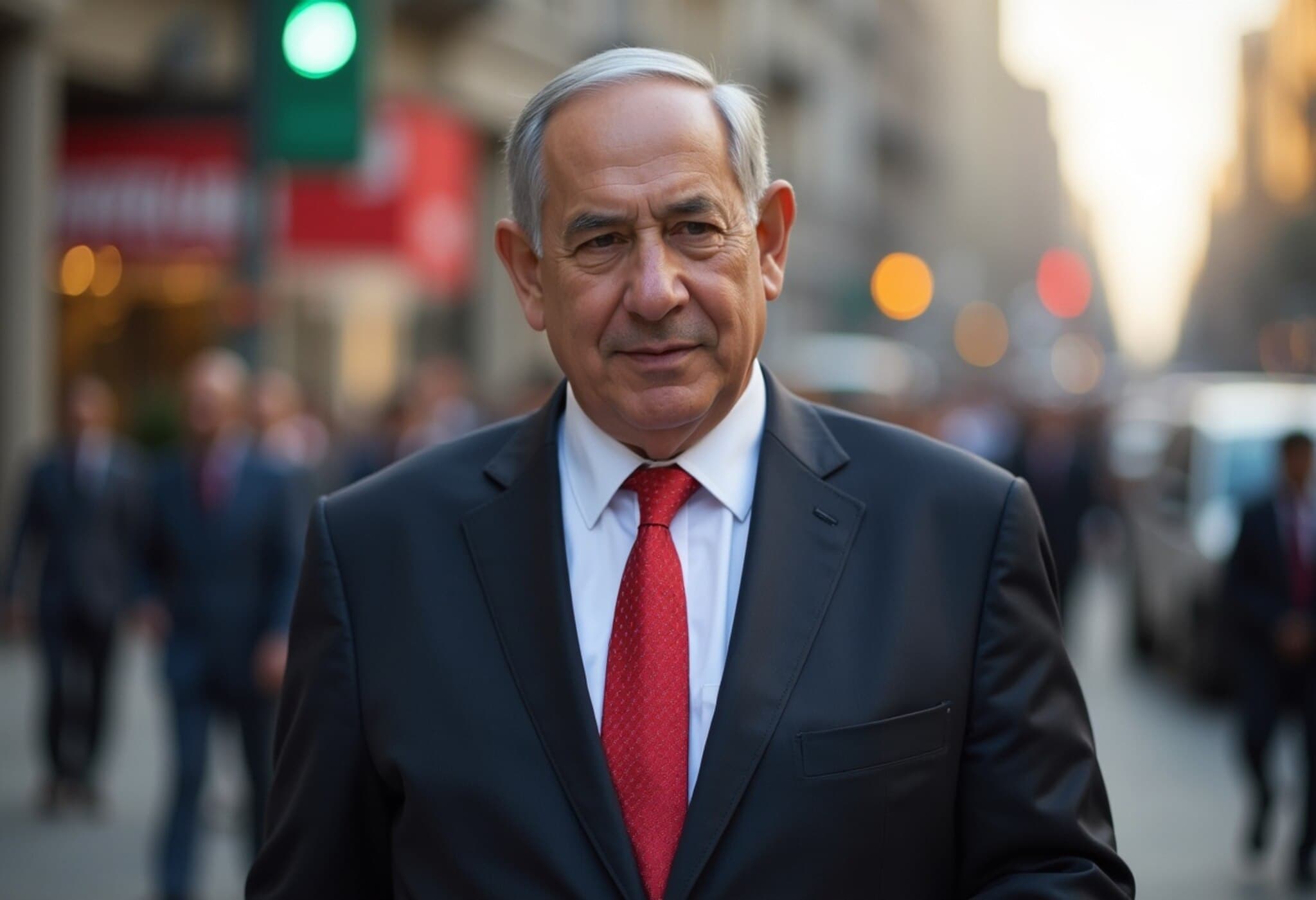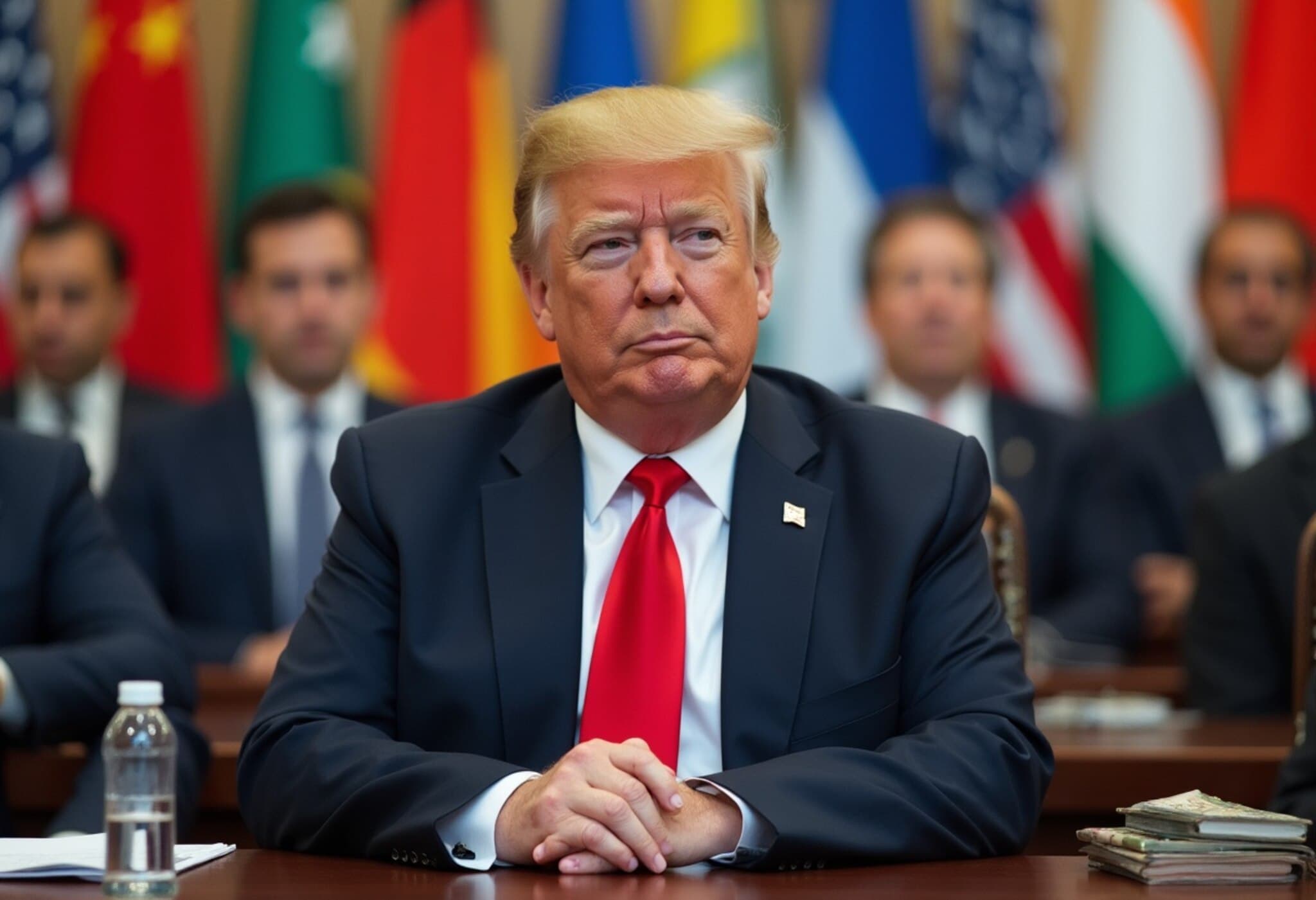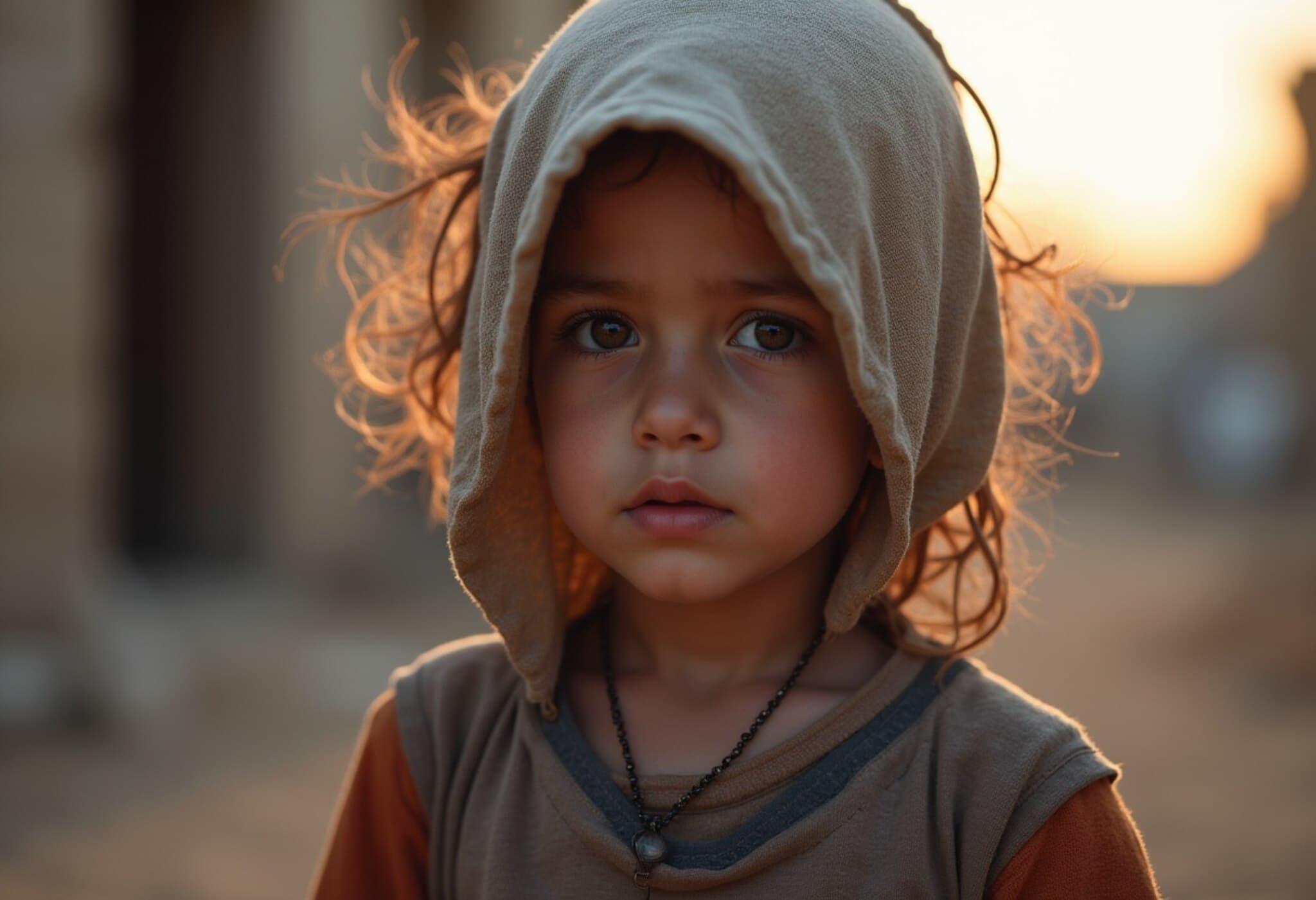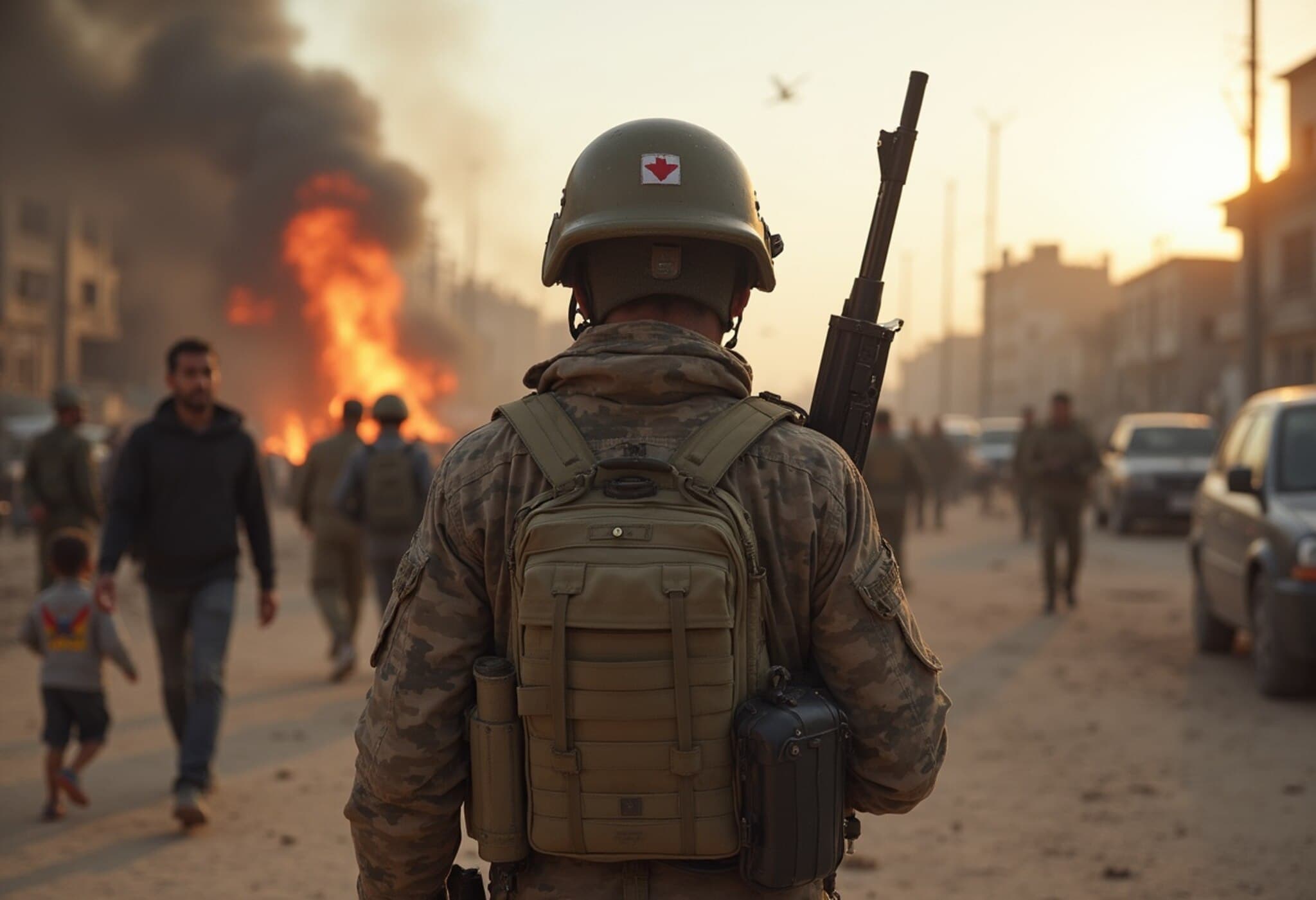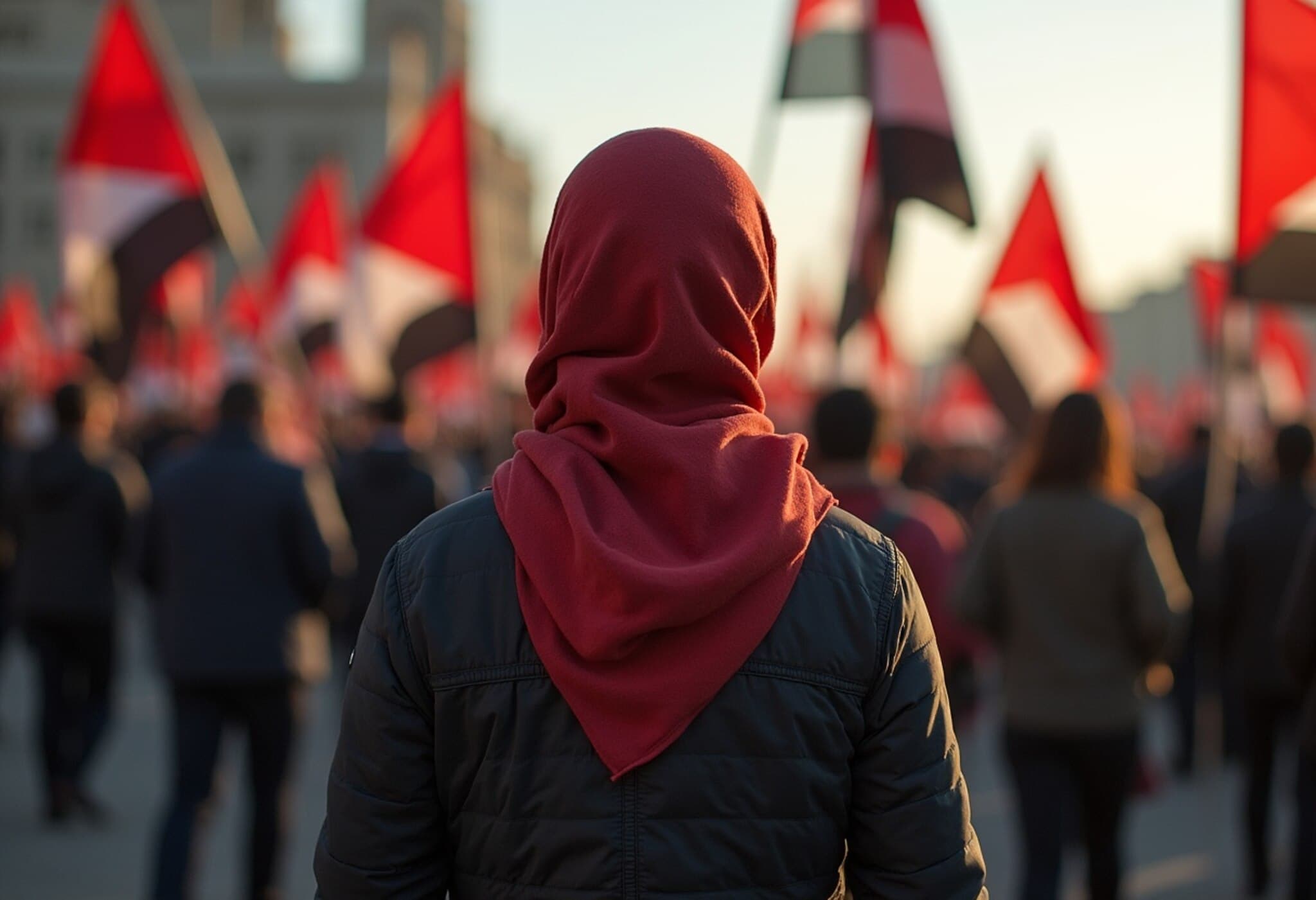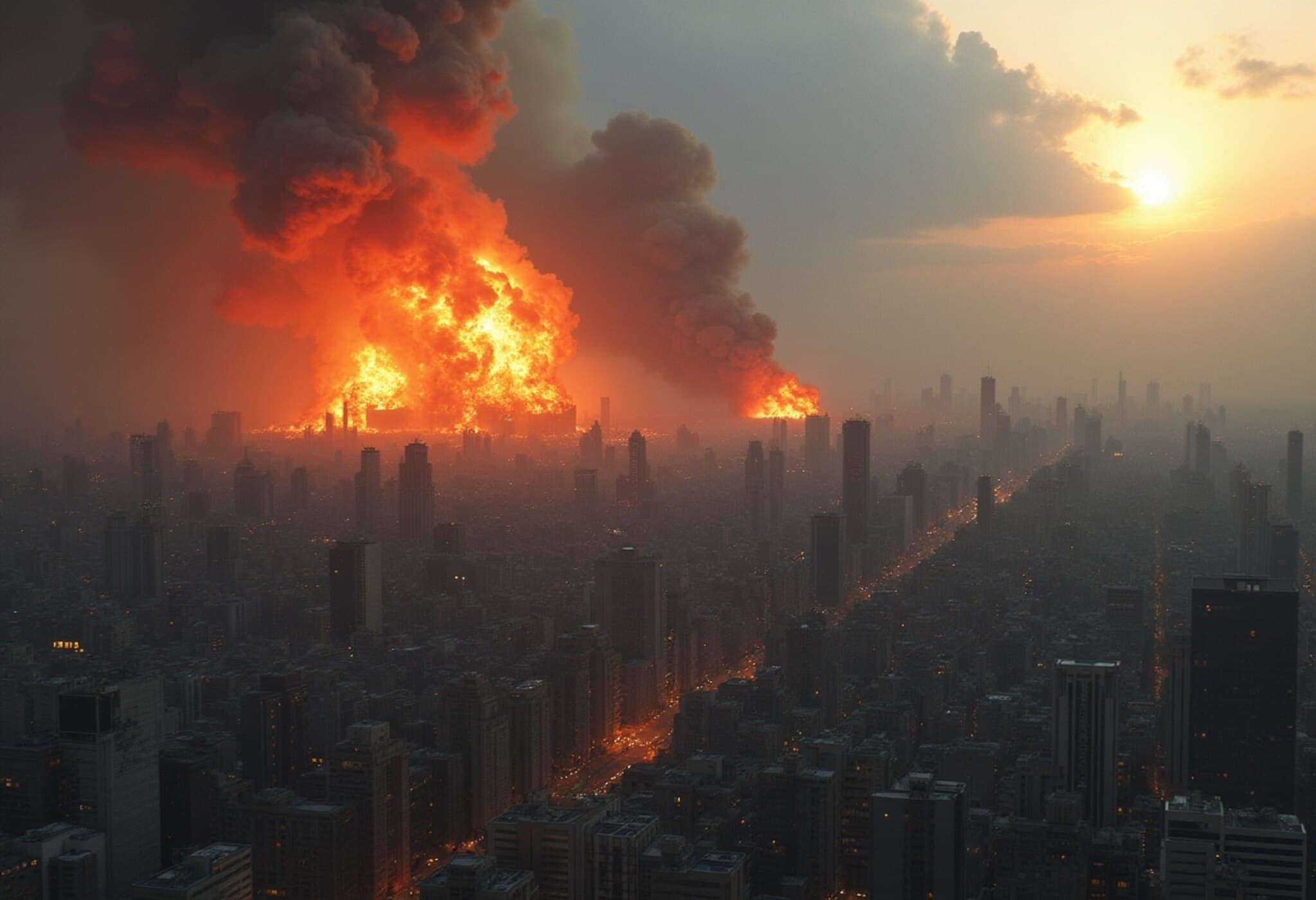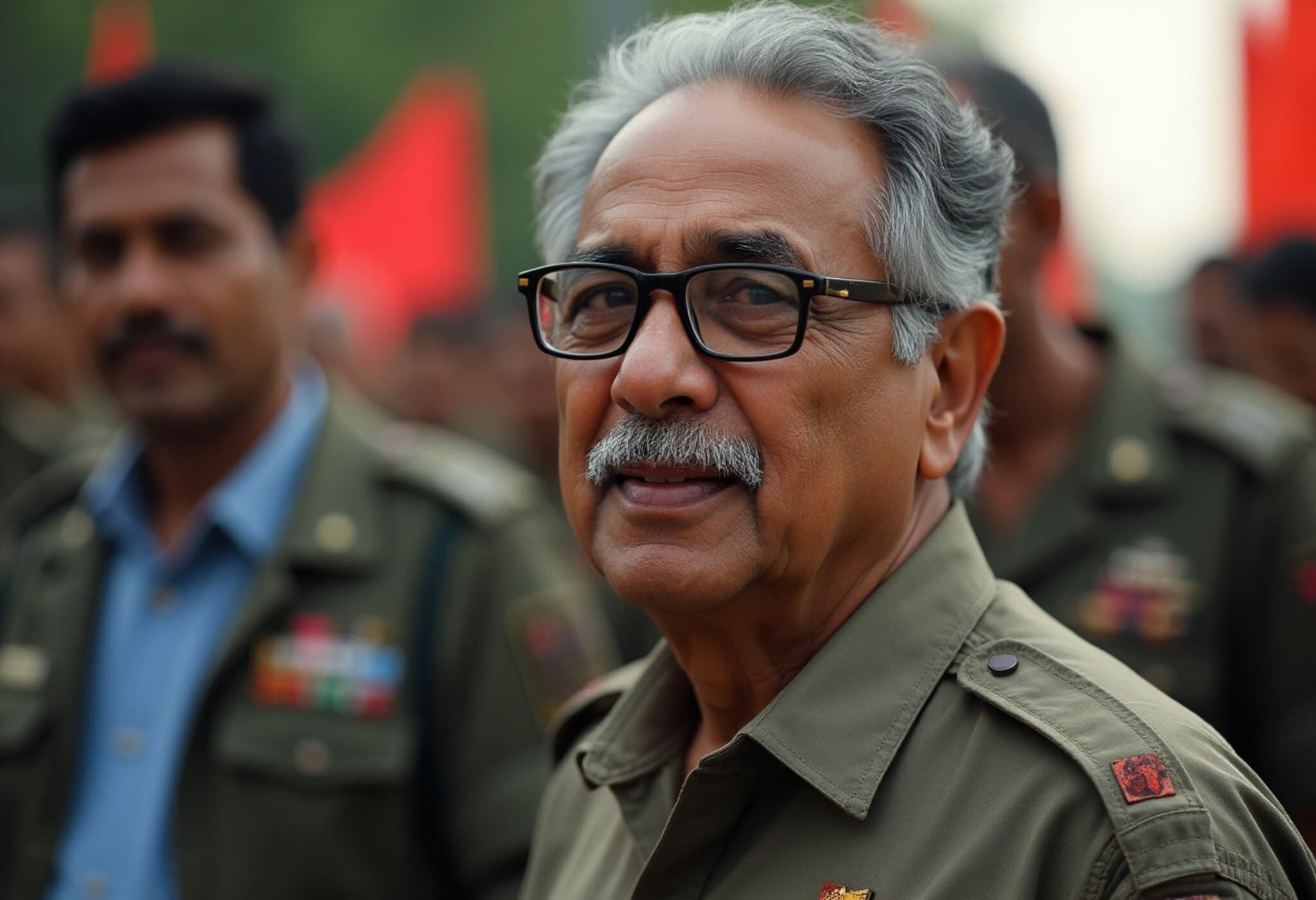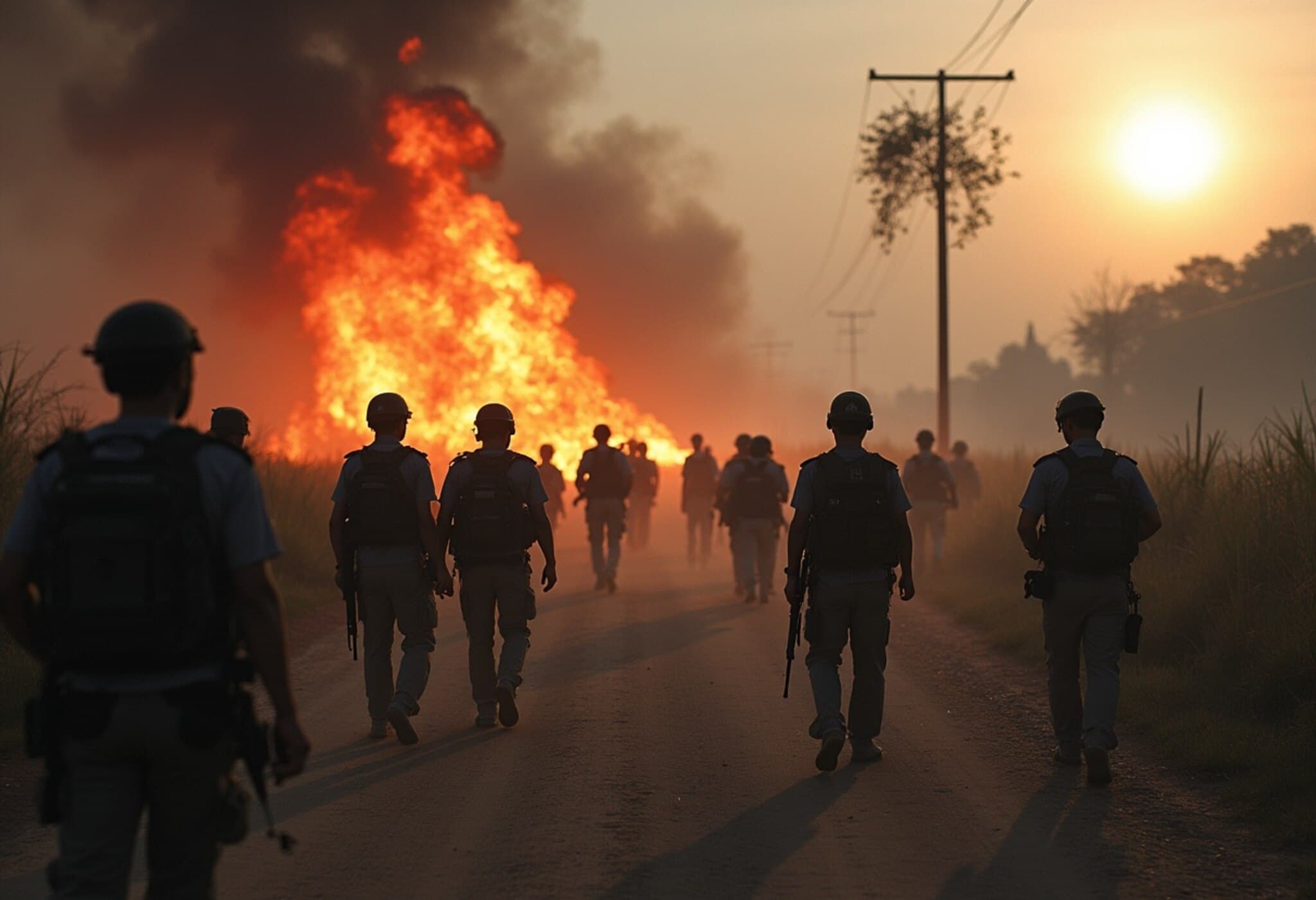Widespread Closure and Uncertainty Surround Israeli Military Investigations into Gaza War Crimes
Since the onset of the ongoing conflict in Gaza, nearly 90% of Israeli military investigations into alleged war crimes and abuses by Israeli soldiers have either been closed without any findings of wrongdoing or remain unresolved, according to recent research by the conflict monitoring group Action on Armed Violence (AOAV).
Key Incidents Highlighting Investigation Gaps
AOAV’s report spotlights several tragic incidents that remain unresolved, including the devastating February 2024 attack where at least 112 Palestinians waiting in line for flour in Gaza City were killed. Another significant case involves a May 2024 airstrike on a tent camp in Rafah, which left 45 people dead. Additionally, on June 1, 2024, 31 Palestinians were shot and killed while collecting food in Rafah—a case initially denied by the Israel Defense Forces (IDF) but later acknowledged as under investigation.
The Numbers Behind the Investigations
Between October 2023 and June 2025, AOAV identified 52 reported cases where the Israeli military stated investigations were underway or planned, all linked to civilian harm in Gaza or the West Bank. These incidents collectively resulted in the deaths of over 1,300 Palestinians and injuries to nearly 1,900 others.
Out of these, only one investigation has led to a criminal conviction—a reservist sentenced to seven months in prison in February for aggravated abuse of Palestinian detainees at the Sde Teiman detention center. Five cases prompted disciplinary actions, including the high-profile dismissal of an IDF colonel and a major after an airstrike killed seven World Central Kitchen aid workers in April 2024.
However, 46 investigations (88%) remain unresolved or were closed without identifying any fault. Seven were officially closed finding no wrongdoing, while 39 are still pending or have no public conclusion.
Israeli Military’s Process and Criticism
The IDF underscores its commitment to investigate "exceptional incidents" where legal breaches are suspected, utilizing two main mechanisms: criminal investigations by the military advocate general’s police unit and fact-finding assessments (FFA) conducted by a general staff team.
Yet, critics—including Israeli human rights organization Yesh Din—contend these processes promote a “pattern of impunity.” Yesh Din highlights that after hundreds of inquiries into prior Gaza operations (2014, 2018-2019, 2021), only a single prosecution is documented.
In August 2024, the IDF acknowledged the FFA had examined hundreds of incidents linked to the Gaza conflict, with the military advocate general’s office initiating 74 criminal investigations. These cover alleged detainee abuses, theft of enemy ammunition, destruction of civilian property, and unlawful use of force.
Differences between AOAV and IDF data stem from AOAV’s counting of all media-reported investigations, including those in the West Bank, whereas the IDF’s figures focus solely on formal military records.
Broader Implications and the Path Forward
The overwhelming percentage of closed or unresolved cases raises critical questions about accountability and the effectiveness of military oversight in conflict zones. For victims' families and the international community, unresolved inquiries exacerbate feelings of injustice and mistrust.
Legal experts and policy analysts argue that transparent, timely, and independent investigations are essential to uphold international humanitarian law and prevent cycles of violence. The current patterns highlight the need for enhanced international engagement and dialogue to bridge accountability gaps.
Editor’s Note
The findings from AOAV shed light on a persistent challenge faced in conflict-affected areas worldwide: balancing security operations with human rights and lawfulness. While military investigations are vital, their credibility rests on impartiality and transparency. The Israeli-Palestinian conflict’s long history and complexity underscore the urgency for both sides to prioritize accountability and justice—not only for international observers but for the reconciliation and peace efforts that hinge upon them.

